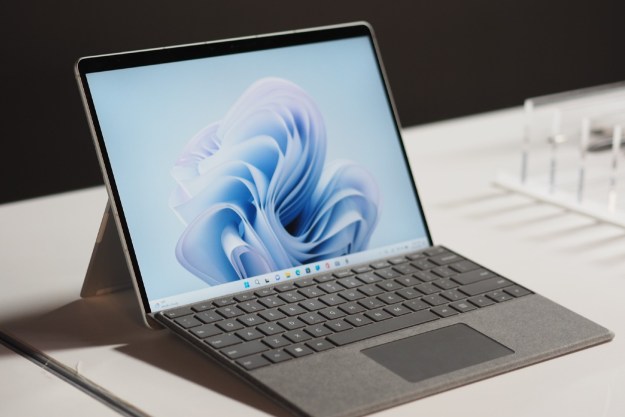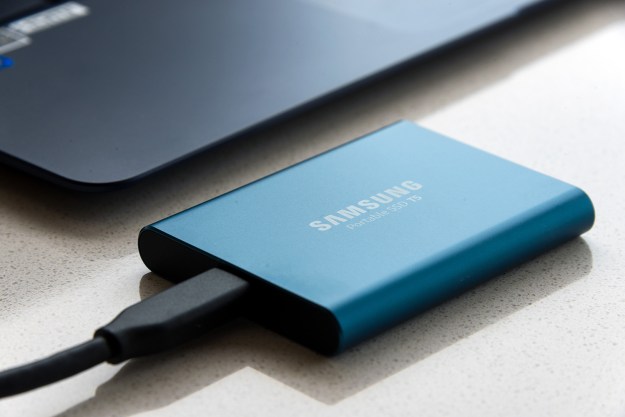
msystems, a developer of personal storage, yesterday unveiled a new form factor in the flash-based memory storage capacity known as FlashDisc, which should debut in stores this month. One of the first companies to market based on this new standard is Memorex.
The FlashDisc, said msystems and Memorex, is a high capacity alternative to the floppy diskette and a low cost alternative to personal USB flash drives. This shareable USB storage medium combines low-density flash memory chips — encased in lightweight but protective plastic — with a USB connector and protective cap. Features include PC and Mac compatibility, 16MB or 32 MB of storage which can store 400-800 documents, 10-20 presentations, 40-80 photos or 15-30 minutes of music, a thin, round design which measures 2.3 inches in diameter and 0.3 inches high, a write-on adhesive label and a mix of color schemes to allow for color-coding of files.
“With the decline of the floppy diskette as a widely-used storage medium, the megabit growth and increased functionality of our U3 smart drives, people are confronted with an apparently unmet need to easily and affordably share photos, documents and other files with family, friends and work colleagues,” said Tzipi Ozer-Armon, general manager for msystems’ Retail and Enterprise division, in a statement. “Anticipating the growing acuteness of this need, msystems is proud to present FlashDisc, an exciting new category poised to radically transform the way people share their data. Together with our global brand partners, we are bringing FlashDisc onto the retail media shelf for this exciting new expansion opportunity.”
“Every day, more and more laptops and PCs are being sold without floppy drives, but USB ports have now become totally ubiquitous,” added Scott Elrich, director of marketing, personal storage devices, Memorex. “Memorex FlashDiscs can be used virtually anywhere and are durable enough to toss in a briefcase or backpack without the need for a protective case. And, unlike a diskette, solid state FlashDisc memory is extremely resistant to adverse environmental conditions, including magnetic fields, heat and humidity.”
Editors' Recommendations
- The new iPad Pro would be perfect, if only it were a Mac
- Best Verizon Fios new customer deals: Get 2GB/s internet in your home
- iMac deals: New, renewed and refurbished iMac computers
- The next big Windows 11 update has a new hardware requirement
- Even the new mid-tier Snapdragon X Plus beats Apple’s M3



